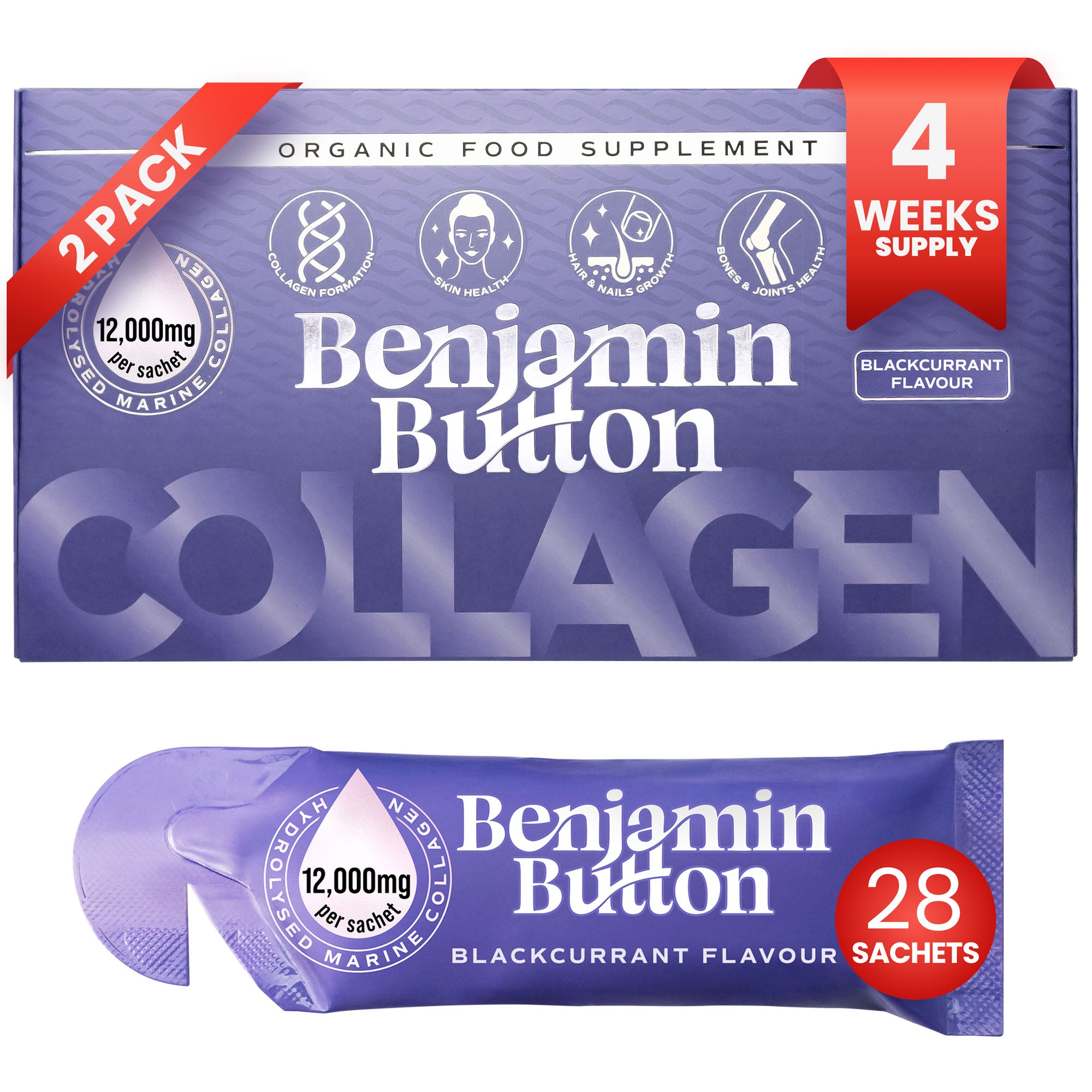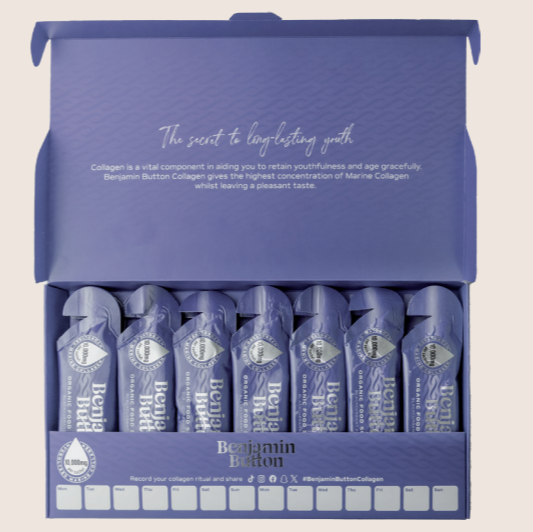9 Effective Tips to Alleviate Spring Hay Fever Symptoms
As the seasons change and spring unfolds its vibrant beauty, many of us eagerly anticipate the blooming flowers and fresh air. However, for those who suffer from hay fever, this time of year can bring unwelcome challenges. The symptoms—sneezing, itchy eyes, and congestion—can turn the season into a struggle. Fortunately, there are effective strategies to manage these symptoms and reclaim your enjoyment of spring.1. Keep Windows Closed
One of the simplest yet most effective ways to reduce exposure to allergens is to keep your windows closed. This practice helps to minimise pollen and other airborne irritants from entering your home. You can also use air conditioning to maintain a cool and comfortable environment, while filtering out pollen particles.2. Consider a HEPA Filter
Investing in a HEPA filter can greatly improve your indoor air quality. These filters trap a significant amount of microscopic pollen and dust particles, making them an excellent addition to your home or workplace. When purchasing an air purifier, ensure it is compatible with the size of the room for maximum effectiveness.3. Shower and Change Clothes After Being Outdoors
When spending time outdoors, pollen can easily cling to your skin, hair, and clothing. To combat this, shower and change into clean clothes immediately after coming home. This practice helps to wash away any allergens and provides relief from symptoms.4. Use Nasal Irrigation
Nasal irrigation can be a highly beneficial method to clear allergens from your nasal passages. Using a saline solution in a neti pot or saline spray can help to rinse out pollen and other irritants, reducing nasal congestion and improving overall comfort.5. Stay Hydrated
Maintaining adequate hydration is essential, especially during spring when allergens can affect your respiratory system. Drinking plenty of water can help to thin mucus and relieve congestion. Aim for at least 8 glasses of water each day to keep your body functioning optimally.6. Monitor Pollen Counts
Awareness of the pollen count can help you plan your outdoor activities. Many weather websites and apps provide real-time pollen counts, allowing you to avoid outdoor activities during peak pollen times, usually early in the morning or on windy days.7. Over-the-Counter Remedies
Many people find relief through over-the-counter antihistamines and decongestants. These medications can alleviate symptoms, such as sneezing and itchy eyes, effectively providing you with the ability to enjoy outdoor activities. Always consult with a healthcare professional about the best options for your specific needs.8. Incorporate Local Honey
Local honey is often praised for its potential benefits to hay fever sufferers. The theory is that consuming honey laden with local pollen can help your body build immunity to the allergens prevalent in your area. While scientific evidence is limited, many individuals swear by its effectiveness. Start with a spoonful each day and see if it works for you.9. Create a Clean Home Environment
Regularly cleaning your living space can significantly reduce your exposure to allergens. Consider the following cleaning tips:- Dust surfaces frequently with a damp cloth to capture dust and pollen.
- Vacuum regularly using a vacuum cleaner equipped with a HEPA filter.
- Wash bedding in hot water weekly to eliminate dust mites and pollen.
- Limit indoor plants that may attract allergens.
These tips are practical strategies that can significantly alleviate the symptoms of hay fever during the spring season. By remaining vigilant and adapting your habits, you can navigate this beautiful time of year with ease. Your enjoyment of nature should not be inhibited by allergies. Embrace the season, breathe freely, and let the beauty of spring rejuvenate your spirit.






















